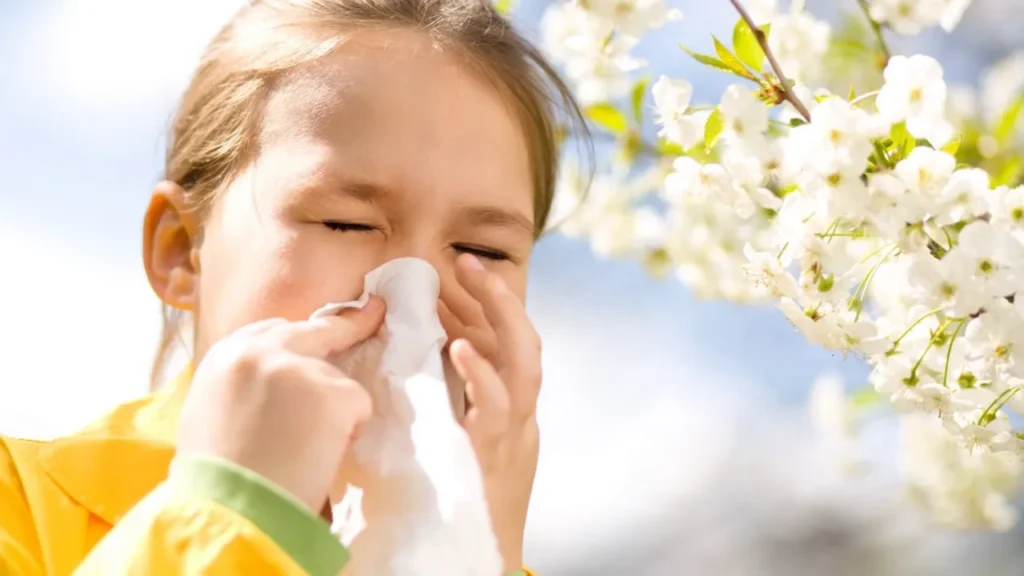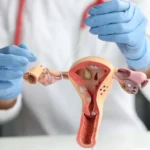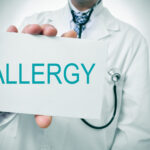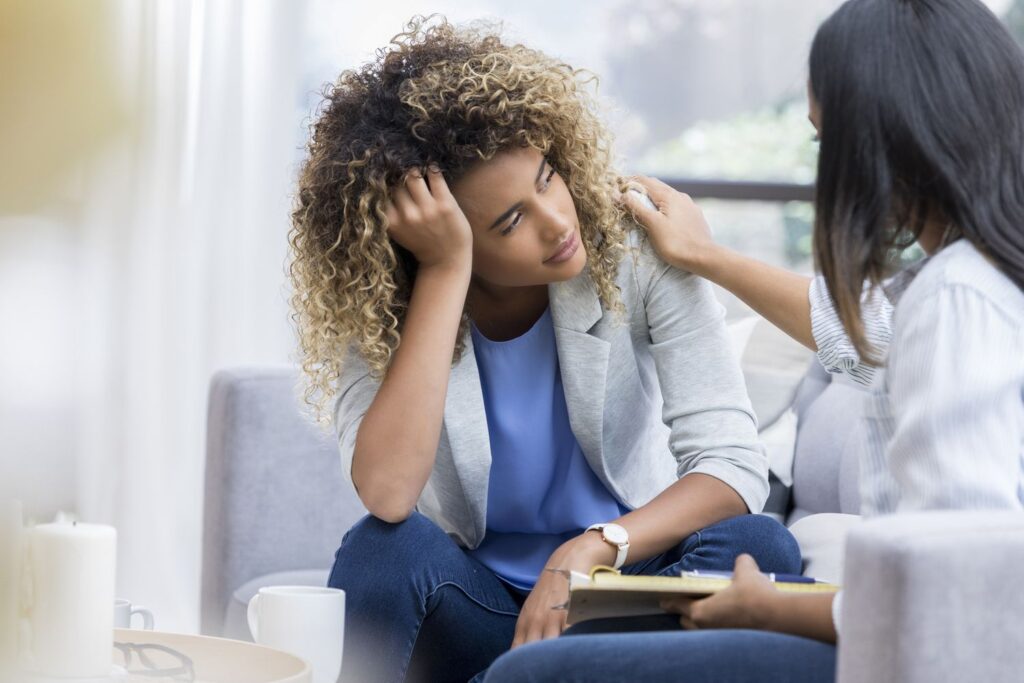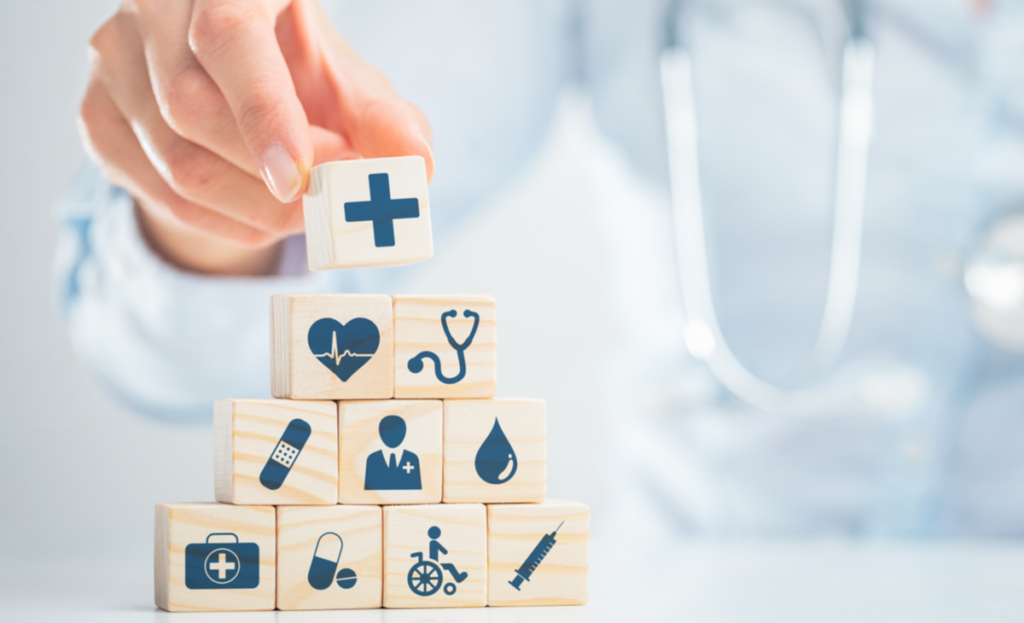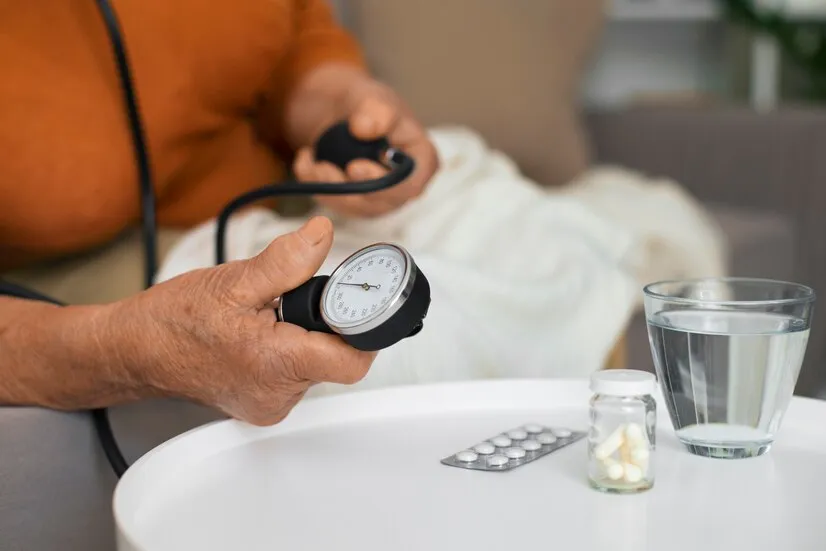Spring allergies in NYC are a health problem that has more effects than the normal health issues, particularly during tree pollen season when symptoms can be exacerbated. Presently spring allergies can do most of the work for example a good pollen count can give high quality information, with the help of varied methods you can do various tasks like tracking pollen, keeping windows closed, and also use air purifier of your favorite brand.
Some of the common problems they include are tall buildings and urban pollution from different parts of city, and various symptoms known as seasonal allergies. This problem really affects daily life during spring season when people started feeling symptoms when there was high pollen count. Many of those symptoms contain many issues and different patterns which are produced from trees, grasses, and plants. Today, such problems need proper habits like showering after outdoors and changing clothes.
For those experiencing severe allergy symptoms, professional medical help is available at clinics like LocalMD, with convenient locations at 71-16 Grand Avenue in Maspeth and 6219 5th Avenue in Brooklyn. Their allergy specialists can provide personalized treatment plans that may include antihistamines, nasal sprays, or immunotherapy options tailored to specific allergy triggers common in New York’s urban environment.
Understanding Spring Allergies in NYC
Spring allergy season in New York City presents unique challenges due to the city’s urban environment, diverse plant life, and pollution levels. Millions of New Yorkers experience allergic reactions each spring when various plants release pollen into the air.
Common Springtime Allergens
Tree pollen is a first generation allergen that has more impact than the normal allergens that are used for many different reactions. As of now tree pollen can do most of the work for example oak, maple, elm, birch and sycamore trees can give high allergy problems in five boroughs, with the help of varied seasons you can see various pollens like grass pollen that comes in May to July especially in Central Park and Prospect Park.
Mold spores in humid spring conditions increase allergy problems that is very dangerous for health. Today, such spores need proper ventilation, and initially they need good maintenance and now proper cleaning too.
Weed pollen from mugwort and ragweed can cause many problems during late spring and summer. These pollens many affects different areas like vacant lots and roadways throughout the city.
Why Allergies Are Worse in the City
NYC’s urban heat island effect has more impact than the normal temperature that are used in many different areas. Currently, heat island can do most of the work for example a good heat effect can raise temperature, with the help of varied surfaces like buildings and concrete you can create various conditions like extended growing season and also make more pollen production in your favorite city.
Air pollution in NYC makes allergy problems very dangerous by giving you varied irritations that can lead to inflammation and increased histamine levels. These pollutants many depicts different patterns and effects containing stories of the vehicle emissions and about people’s respiratory systems and symptoms.
Building density and limited green space in city increase pollen concentration. Today, such buildings create wind tunnels, and initially they trapped pollen and now affecting many people too.
nt Park and Madison Square Park become allergen hotspots during peak blooming periods.
Recognizing Seasonal Allergy Symptoms
Respiratory symptoms are the latest generation problem that has more effects than the normal cold that are used for much different diagnosis. Currently sneezing, runny nose and postnasal drip can do most of the work for showing allergy signs.
Eye irritation problems make your life very difficult by giving you diverse symptoms which help to identify allergic rhinitis like red, itchy, watery eyes and swollen eyelids that become worse after outdoor activities.
Throat and ear discomfort in connected passages increase inflammation and poor air quality. Today, such symptoms need proper checking of itchy throat and ear pressure that is very dangerous for health.
Fatigue and cognitive effects is very problematic during allergy season. Different symptoms are used and with the help of inflammatory responses they make very difficult concentration that is of great use for diagnosis.
Allergic rhinitis (hay fever) symptoms according to experts is extremely crucial to monitor and this proves just how important proper air quality checking is especially on warm, windy days after rainfall in NYC.
Effective Allergy Treatments and Remedies
Managing spring allergies in NYC requires a strategic approach to treatment, including allergy testing and avoiding pollen exposure. From quick-relief options to long-term solutions, several effective methods can help you breathe easier during peak allergy season.
Over-the-Counter Solutions
Allergy medicines are a good treatment that has more effectiveness than the normal medicines that are used for many different symptoms. Currently, antihistamines can do most of the work for example medicines like Clarity, Zyrtec, and Allegra can give 24-hour relief without making you sleepy.
Nasal sprays in allergy treatment increase effectiveness and targeted relief. Today, such sprays need proper use, and initially they need early start before pollen season and now regular use too. These sprays convey many things such as, saline sprays for washing allergens and also natural elements like steroid sprays which reduce swelling.
Decongestants like pseudoephedrine is very helpful during congestion. Different medicines are used, and with the help of proper selection, they make very effective treatment that is highly beneficial for specific symptoms like cough and other common allergy reactions. Also eye drops are beneficial for itchy eyes as they take quick action and use proper ingredients to give relief.
Prescription Allergy Medication
Prescription medications are an advanced treatment option that has more effectiveness than the normal over-the-counter medicines that are used for many different allergy conditions. Presently prescription medicines can do most of the work for example a good prescription-strength antihistamine can provide high quality relief, with the help of different medications like montelukast you can manage various symptoms like allergies and asthma effectively.
These medications make your treatment very successful by giving you varied possibilities which help to complete your relief. Medical centers like Local MD at 71-16 Grand Avenue in Maspeth (718-307-1577) and 6219 5th Avenue in Brooklyn (718-475-0065) can help with proper diagnosis, and initially they examine symptoms and now prescribe proper medicines too based on pollen counts and individual requirements.
Long-Term Relief Through Immunotherapy
Immunotherapy represents the only treatment that addresses the underlying cause of allergies rather than just managing symptoms, effectively reducing histamine responses. This approach gradually desensitizes the immune system to specific allergens through controlled, increasing exposure.
Allergy shots (subcutaneous immunotherapy) involve regular injections containing small amounts of allergens. The treatment typically follows a build-up phase of weekly injections for 3-6 months, followed by maintenance doses every 2-4 weeks for 3-5 years.
Sublingual immunotherapy offers a more convenient alternative with tablets or drops placed under the tongue, providing an option for those with food allergies as well. This at-home treatment eliminates frequent office visits while providing similar benefits to allergy shots.
Most patients experience significant improvement within 6-12 months of starting immunotherapy. Success rates reach 85-90% for seasonal allergies, making it particularly valuable for those suffering from severe NYC spring allergies.
Candidates for immunotherapy can be evaluated at specialized clinics like LocalMD, where allergists can determine if this long-term solution is appropriate based on specific allergen sensitivities.
Practical Tips for Allergy Sufferers in NYC
Managing allergies in New York City requires a strategic approach that combines indoor protection, outdoor precautions, and professional medical care. The following practices can significantly reduce symptoms and improve quality of life during peak allergy seasons.
Indoor Allergy Management
Creating an allergy-free home is an upgraded technique that has more importance than the normal techniques that are used for many different works. Currently, HEPA air purifier can do most of the work for example a good air purifier can give high quality air, with the help of varied technologies you can do various tasks like removing pollen, dust, and also make beautiful environment of your favorite living space.
Some precautions we can take while making allergy-free home are:-
1. Keep windows closed in morning and evening time that is very dangerous for health.
2. Use air conditioning that gives clean and cool air to help reduce airborne allergens.
3. Take shower after coming from outside and change clothes.
4. Regular cleaning with a HEPA filter vacuum is quite helpful for removing allergens from furniture and windowsills, especially during tree pollen season.
Outdoor Exposure Reduction
Pollen and dust mites are a common allergen that has more effect than the normal allergens that are used for many different reactions. At present checking pollen levels can do most of the work for example a good weather app can give high quality information, with the help of varied websites you can do various tasks like planning activities, checking peak hours between 5-10 AM, and also protect yourself from allergens.
These protective measures make your life very safe by giving you diverse possibilities, including allergy testing, which helps to complete your task. Today, such protection needs proper equipment like N95 masks, and initially they need proper wearing and now good maintenance too. Also, removing shoes and planning activities after rainfall can make very good protection that is highly beneficial for health by reducing pollen allergies; wearing a mask can further help.
Consulting Allergy Specialists
Professional allergy treatment is a specialized medical service that has more effectiveness than the regular medicines that are used for different allergies. Presently allergy specialists can do most of the treatments for example a good specialist can provide high quality care, with the help of varied methods like allergy drops and immunology you can get various treatments at Local MD located at 71-16 Grand Avenue, Maspeth, NY 11378 and 6219 5th Avenue, Brooklyn, NY 11220. For appointments call 718-307-1577 (Maspeth) or 718-475-0065 (Brooklyn). These treatments make your life very comfortable by giving immunotherapy which help to complete your allergy care.
Ask about pediatric allergy options if your child exhibits symptoms. preventative medications to start before allergy season begins. Many allergy specialists recommend beginning treatment 2-4 weeks before symptoms typically start for maximum effectiveness.
Frequently Asked Questions
Living in New York City during spring allergy season presents unique challenges for those sensitive to pollen and other allergens. Below are answers to common questions about managing spring allergies specifically in the NYC environment.
What steps can I take to lessen the impact of spring allergies?
Keep windows closed during high pollen days, shower after being outdoors, use HEPA air purifiers, and consider consulting with allergy specialists at LocalMD.nyc for personalized treatment plans.
How can I distinguish between cold symptoms and spring allergy symptoms?
Allergy symptoms typically include itchy eyes, clear runny nose, and sneezing without fever, while colds usually present with thicker nasal discharge, possible fever, and generally resolve within 7-10 days.
What are the peak allergy season months I should be aware of in New York City?
New York City’s spring allergy season typically runs from March through June, with tree pollen peaking in April and May, followed by grass pollen in May and June, making a survival guide essential for those affected.
What are the best practices for managing spring allergy symptoms effectively?
Start medications before symptoms begin, wear sunglasses outdoors to block pollen, track pollen counts daily, and consider immunotherapy options available at specialized clinics like LocalMD.nyc.
Can certain weather conditions exacerbate spring allergy symptoms, and how can I prepare for them?
Warm, windy days increase pollen circulation while rain initially washes pollen away but can lead to increased mold growth afterward.
Which allergens are most prevalent in NYC during the spring, and how can they be avoided?
Oak, maple, and birch tree pollens dominate early spring, while grass pollens become prevalent in late spring; limit outdoor activities during peak pollen times (5-10 AM) and remove shoes when entering your home.

